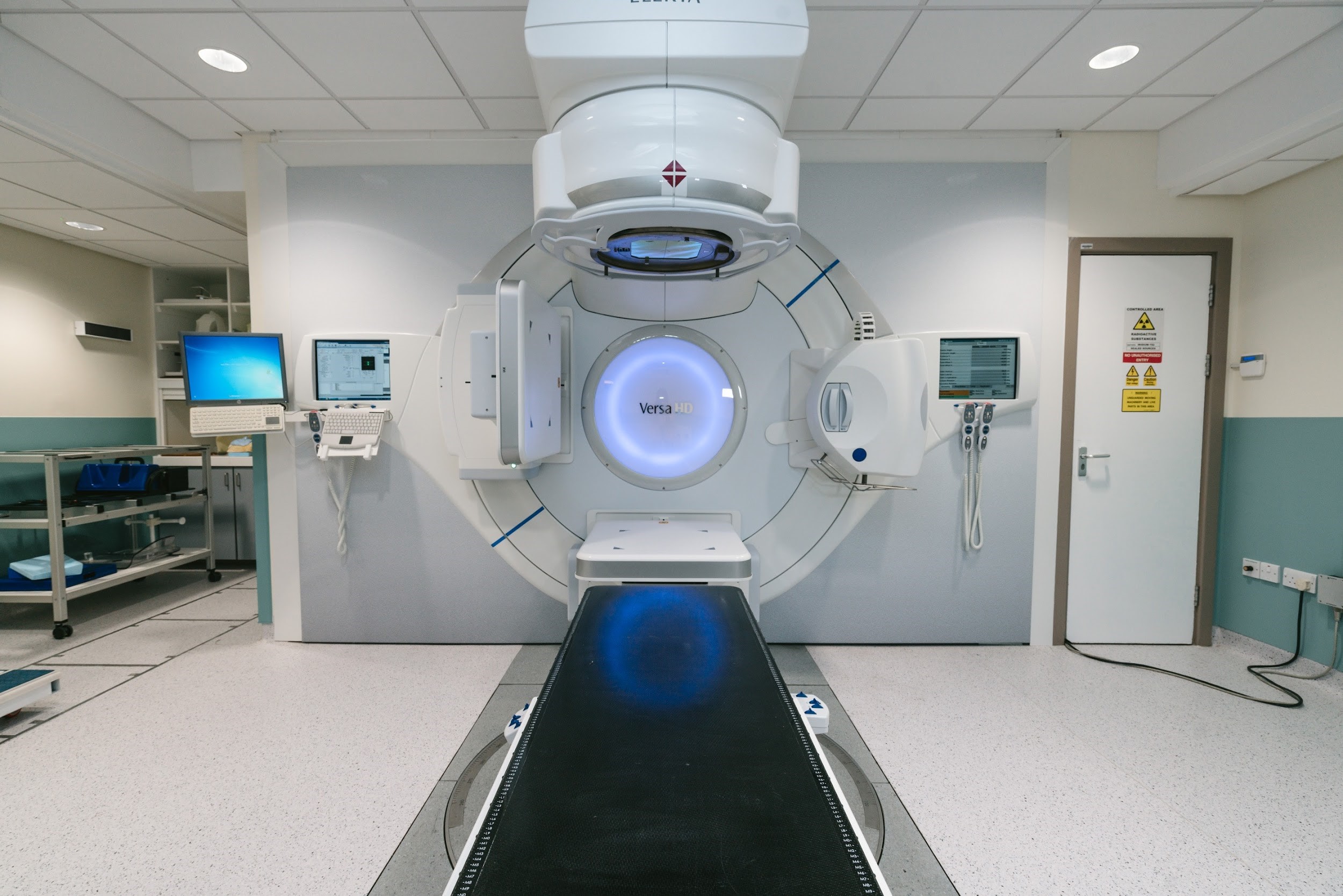Finding out you have cancer flips your world upside down. In an instant, everything changes—your priorities, your routine, or your entire outlook on life. It’s a harsh reality check that leaves you reeling.
But taking a deep breath, you realize that you have the strength to face this. Yes, cancer treatment will likely be the hardest fight of your life, but you have what it takes to come out the other side. This battle can be won—just stay focused and determined each day.
In the article below, we have compiled 7 tips for managing cancer treatment and making the path easier. So, let’s dive in to read those.
1) Seek Support From Loved Ones:
Cancer treatment can be grueling physically and emotionally. Having a strong support system in place makes a major difference. Share your diagnosis with close family and friends. Let them know specific ways they can help—whether it’s driving you to appointments or just being there to listen.
Joining a cancer support group is also beneficial. Connecting with others going through similar experiences provides solidarity. You can exchange coping strategies while voicing frustrations and fears in a judgment-free zone. Support groups also create a sense of community, reminding you that you are not alone.
Leaning on loved ones and connecting with fellow cancer patients can ease the isolation of treatment. Accepting help allows loved ones to feel empowered amid such a difficult time.
2) Learn About Your Treatment Plan:
Educate yourself on the specifics of your cancer treatment regimen. Understand the goal behind each type of therapy and what side effects may occur. Discuss any concerns thoroughly with your oncology team.
For example, those facing mesothelioma may want to consult mesothelioma specialists who have deep expertise with this cancer type. Don’t hesitate to get second opinions from other respected oncologists as well.
Show up prepared with questions to appointments. Have a notepad handy to jot down key points. Recording conversations can help you capture details you may miss. Share updates with loved ones so they can provide better assistance. Knowledge truly empowers.
3) Communicate Openly With Your Cancer Care Team:
Establishing trusting, honest relationships with your doctors, nurses, and other practitioners is vital for managing care. Notify them if side effects become unbearable or new symptoms emerge. Adjustments to your treatment protocol may be warranted based on your response. Don’t downplay your struggles—your medical team needs to know what’s happening.
Likewise, give updates on positive developments! Your oncology providers need both types of feedback to deliver the best treatment. Send appointment summaries and questions by email if desired. Keep lines of communication wide open.
It’s important to speak up if something feels off or if you have worries about your treatment plan. Your care team wants to provide the best care possible but needs your help. Being proactive with communication allows them to make adjustments to improve their comfort, tolerance of side effects, and overall well-being.
4) Tend To Your Overall Wellbeing:
While destroying cancer cells is the ultimate goal, proper self-care enables you to get through treatment. Make nutrition, sleep, exercise, and stress management priorities:
- Eat nutrient-dense whole foods whenever possible. Ask for referrals to nutritionists for extra guidance. Stay hydrated and avoid excessive alcohol.
- Stick to a regular sleep routine. Nap if needed. Sleep is vital for replenishing energy and healing.
- Move your body each day within your limits. Even short walks or stretching provides benefits.
- Try journaling, deep breathing, yoga, or meditation for mental health. Set boundaries and let go of unnecessary obligations.
Remember, you are more than your cancer diagnosis. With proper well-being strategies, you can emerge from cancer treatment healthier and stronger than before. Stay focused on your full recovery by taking care of your whole self.
5) Arm Yourself With Medications for Side Effects:
Cancer treatments like chemo, radiation, or surgery can cause side effects like nausea, pain, tiredness, digestive problems, and more. Before you start treatment, talk to your cancer doctor about medications to manage side effects. Have these prescriptions ready so you can take them immediately if you feel sick. This prevents delaying your care.
Make sure you understand when and how to take medications correctly. Ask questions if the instructions seem confusing. It’s important to take them as directed so they work best. Write down any side effects you have and share these with your doctor. They may adjust the medications or doses to help you feel better.
Having a plan to deal with side effects can give you confidence going into treatment. Work with your cancer care team to get the medications and information you need to handle treatment side effects. This will help you stay on track with your care.
6) Minimize Infection Risks:
Cancer treatments often weaken the immune system and open the door to dangerous infections. Take precautions to avoid illness, which could force treatment delays:
- Wash hands frequently and use hand sanitizer when out.
- Stay up to date on vaccines; get an annual flu shot.
- Steer clear of sick people. Avoid crowds when possible.
- Cook meat and eggs thoroughly. Wash produce.
- Avoid sharing food, drinks, and utensils with others during treatment. Germs spread easily when immunity is compromised.
- Take care of your mouth by brushing and flossing regularly. See your dentist for any tooth pain, sores, or other issues.
Do not hesitate to call your cancer care team right away if you develop any signs of infection like chills, fever, cough, pain, or burning urination. Listen to your body and be vigilant about any potential illness symptoms. Speak up at the first sign of infection – don’t wait!
7) Keep Records of Your Cancer Journey:
Running to multiple appointments while managing side effects is hectic. So is keeping track of copays, prescription refills, scan results, questions for doctors, and more. Organization is key—both for your sanity now and for managing your health after treatment.
Keep a detailed “cancer binder” with:
- Appointment dates, medical contacts, medications lists
- Copies of scans, bloodwork results, pathology reports
- Treatment summaries, costs (for insurance claims)
- Diet/lifestyle changes to make
- Questions to ask at future appointments
Recording specifics helps you refer back and share important history with new practitioners. There are also many great cancer care organizing apps to try.
Conclusion:
Your cancer journey will have many twists and turns, but you have the power to face every new challenge. Though dark days will test your resilience, remember brighter days lie ahead. Stay focused on what matters most—healing and reclaiming your health. You are brave and strong, and you will come out the other side of this wiser and more empowered.



